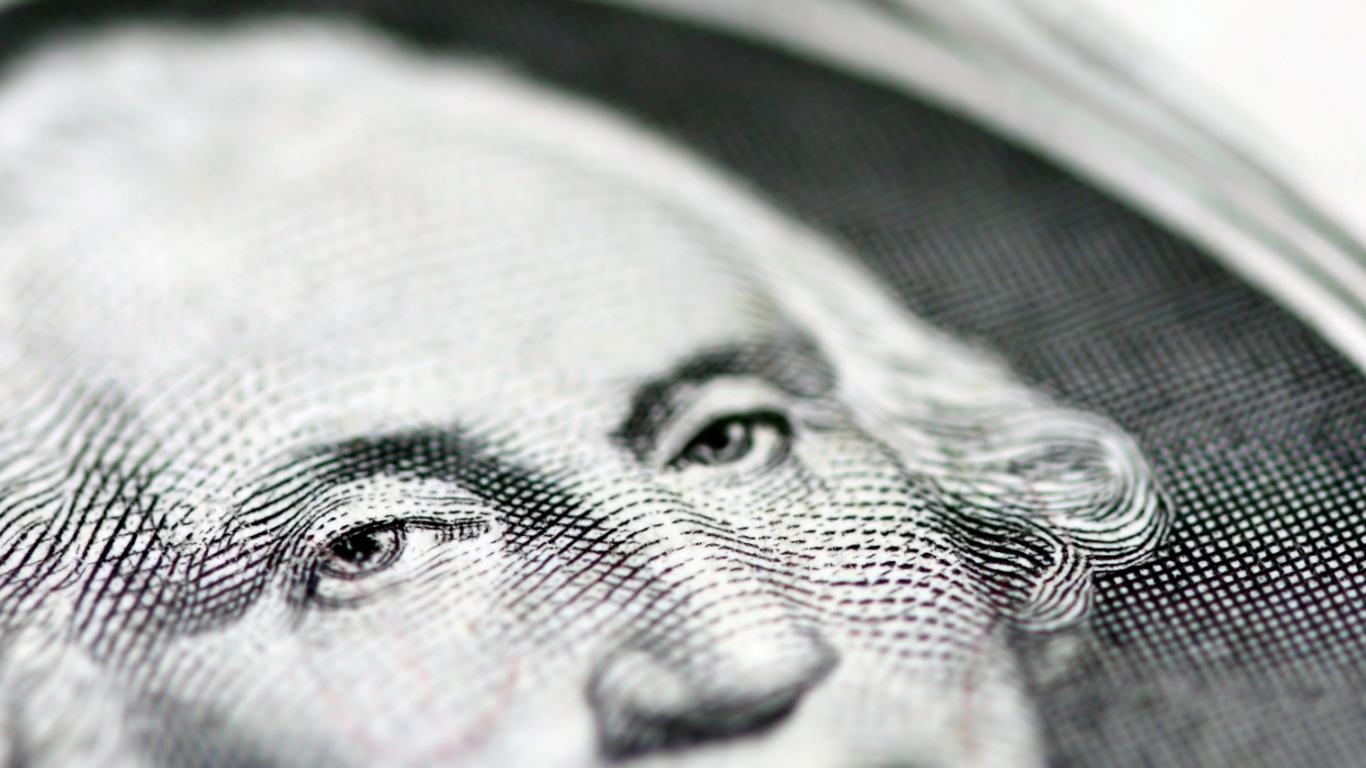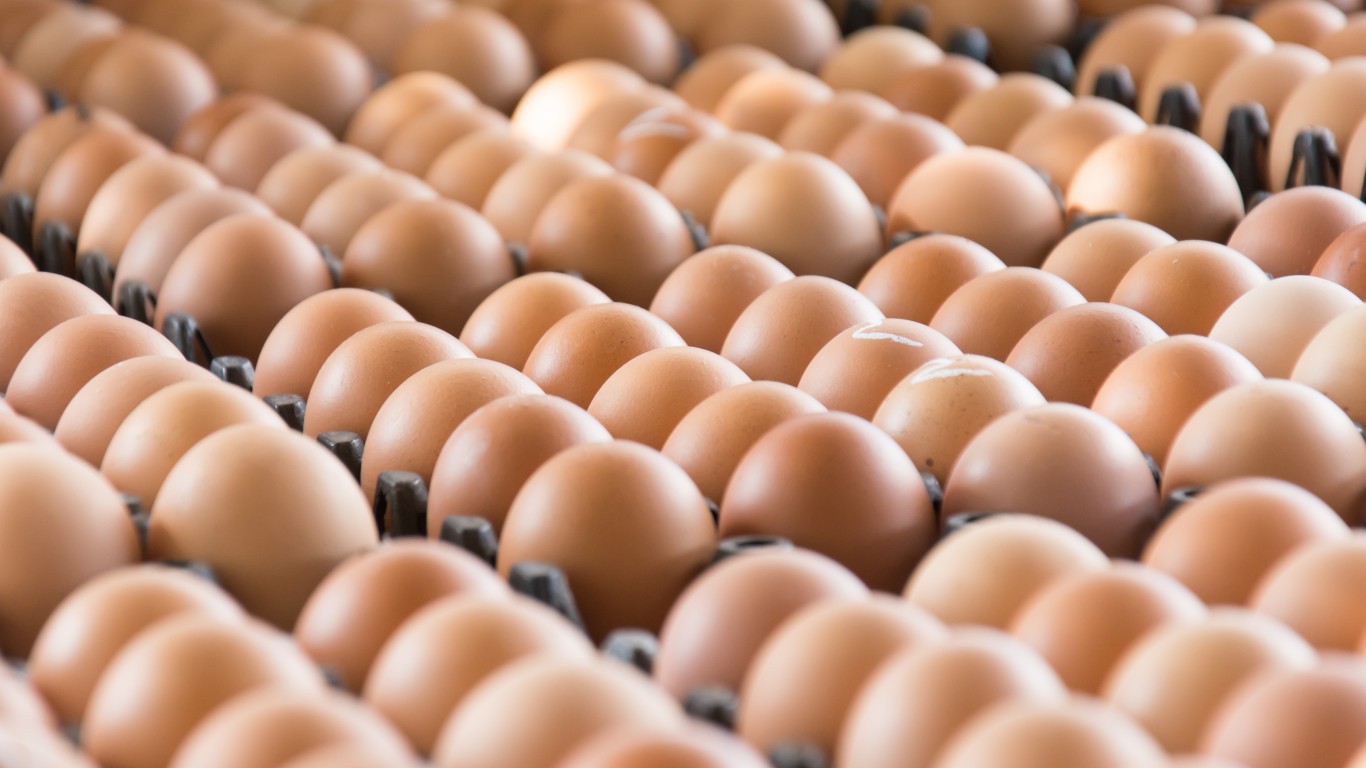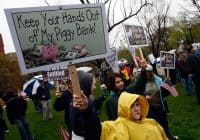
Economists and senior executives increasingly believe a recession is all but inevitable. Renowned JPMorgan CEO Jamie Dimon puts the odds at 66%. Former Goldman Sachs CEO Lloyd Blankfein said the chances of recession had “a very, very high risk factor.”
[in-text-ad]
The new consumer confidence survey from the University of Michigan posted a sharp decline in May. It read in part, “Consumers’ assessment of their current financial situation relative to a year ago is at its lowest reading since 2013, with 36% of consumers attributing their negative assessment to inflation.”
What does the next recession look like? A combination of sharp inflation and rising unemployment. The consumer price index (CPI) has run over 8% recently. Due to supply chain tightening, this could rise, or, at the very least, stay at the current rate. The prices for essentials such as gasoline and some foods are higher than the CPI average. In some parts of America, gas prices have nearly doubled. Grain prices face a cut-off of grain from Ukraine, which is one the world’s largest producers.
Earnings in some sectors have begun to decline. The most recent examples are huge retailers Walmart and Target. High prices for the goods they sell have crippled their margins. Management at both companies warned the challenge is not over.
Low earnings usually trigger the need to drop expenses. In many industries, that means eliminating people. Bureau of Labor Statistics data shows that unemployment nationwide is 3.6%. Other government data shows there are millions of open jobs that have not been filed. It has created an employee paradise. However, as workers demand higher wages, margins at struggling companies become even more compressed.
During the Great Recession, unemployment was 4.4% in 2006 and 7.3% in 2008. In 2009, it rose to 9.9%. Over the period, the number of people who were put out of work numbered in the millions.
Housing has been among the bright spots of the current, strong economy. Home prices nationwide have risen by almost 20% year over year for several months. In some cities, the figure tops 40%. Mortgage rates, however, have risen from 3% a year ago to over 5%. Home affordability must disappear with rates this high and rising. Home equity is among the important factors that build consumer confidence.
The recession may begin in the next two or three months. By July, the home market could be under siege. Inflation could top 10%, and the prices for essentials could be up by more. Household discretionary income will be decimated. The downturn is inevitable.
Are You Ahead, or Behind on Retirement? (sponsor)
If you’re one of the over 4 Million Americans set to retire this year, you may want to pay attention. Many people have worked their whole lives preparing to retire without ever knowing the answer to the most important question: are you ahead, or behind on your retirement goals?
Don’t make the same mistake. It’s an easy question to answer. A quick conversation with a financial advisor can help you unpack your savings, spending, and goals for your money. With SmartAsset’s free tool, you can connect with vetted financial advisors in minutes.
Why wait? Click here to get started today!
Thank you for reading! Have some feedback for us?
Contact the 24/7 Wall St. editorial team.


